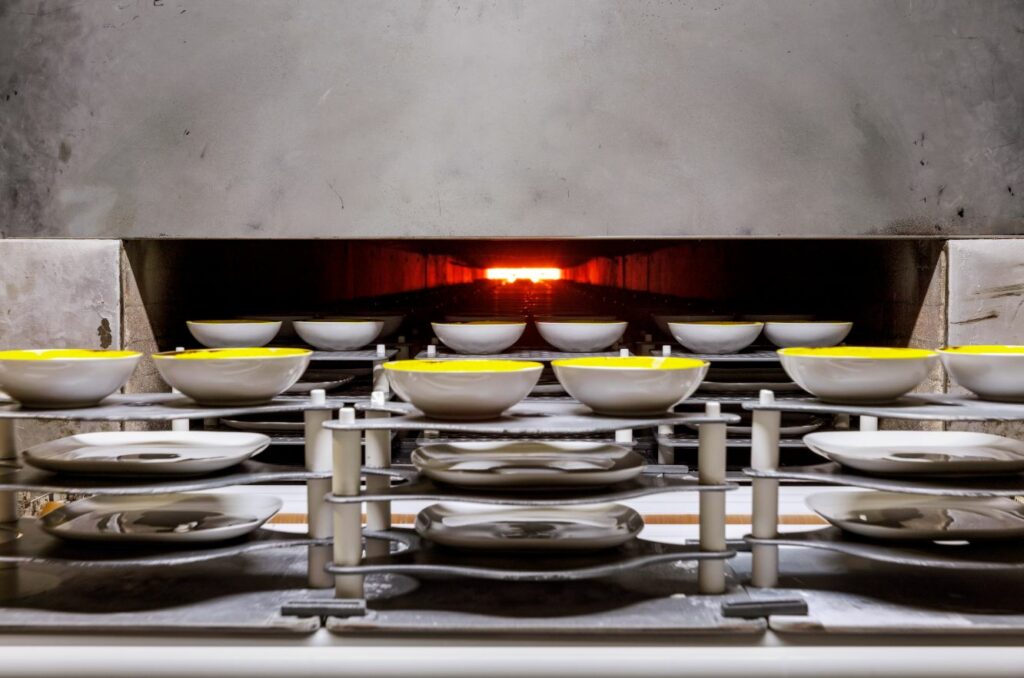

The development of new products, services and processes, aligned with sustainability concerns, is one of the new paradigms of innovation.
According to APICER, “The national ceramics industry devotes a large part of its efforts and resources to environment-related issues, by having been one of the first sectors to develop a strong environmental awareness.”
Thus, this concern for the environment and, in parallel, investment in innovation, have contributed towards increasing this industry’s sustainability.
In a sector characterised by mass production, which uses significant resources, various sustainability initiatives have emerged. Let’s consider a few examples:
• Sustainability of raw materials: the use/re-use of recyclable raw materials or those from renewable sources and, in particular, the use of previously wasted materials (by the industry itself or by other industries).
• Increasing energy efficiency: reducing energy consumption in production processes by adopting, for example, more efficient ovens, heat recovery systems, process automation and alternative manufacturing processes (3D printing, firing by alternative processes).
• Minimising waste and emissions: implementing measures aimed at reducing waste over raw materials and energy, as well as reducing solid waste and the emission of polluting gases. The adoption of renewable energy sources.
• Development of environmentally conscious products: recycling ceramic waste, reusing water and energy resources, producing durable and recyclable goods, all contribute to ceramics industry’s transition towards a circular economy.
• Carbon capture and storage: implementing carbon capture and storage technologies across ceramics production helps to mitigate the industry’s CO2 emissions, while ensuring a more sustainable manufacturing process.
• Corporate and social accountability: The implementation of policies and programmes aimed at the well-being of workers and local communities, namely corporate volunteering programmes; partnerships with social organisations; commitment towards diversity and inclusion, transparency and business ethics, among others.
We can, therefore, conclude that innovation in the ceramics industry is a foundation for sustainable development, but also a vehicle for increasing global competitiveness and tackling environmental challenges.
Through the adoption of new technologies, materials and the integration of social and environmental accountability practices, this industry’s companies are prepared to respond and lead the transformation of the market towards a more ecologically balanced future.

Cátia Oliveira – Junior Marketing Manager at HiSeedTech
Born in Barcelos, she graduated in Marketing and has a master’s degree in audiovisual communication. She is currently Junior Marketing Manager at HiSeedTech – a non-profit organisation, fostering interconnection between scientific research and the market, while supporting the transfer of technology either through open innovation or by supporting the creation of start-ups.
